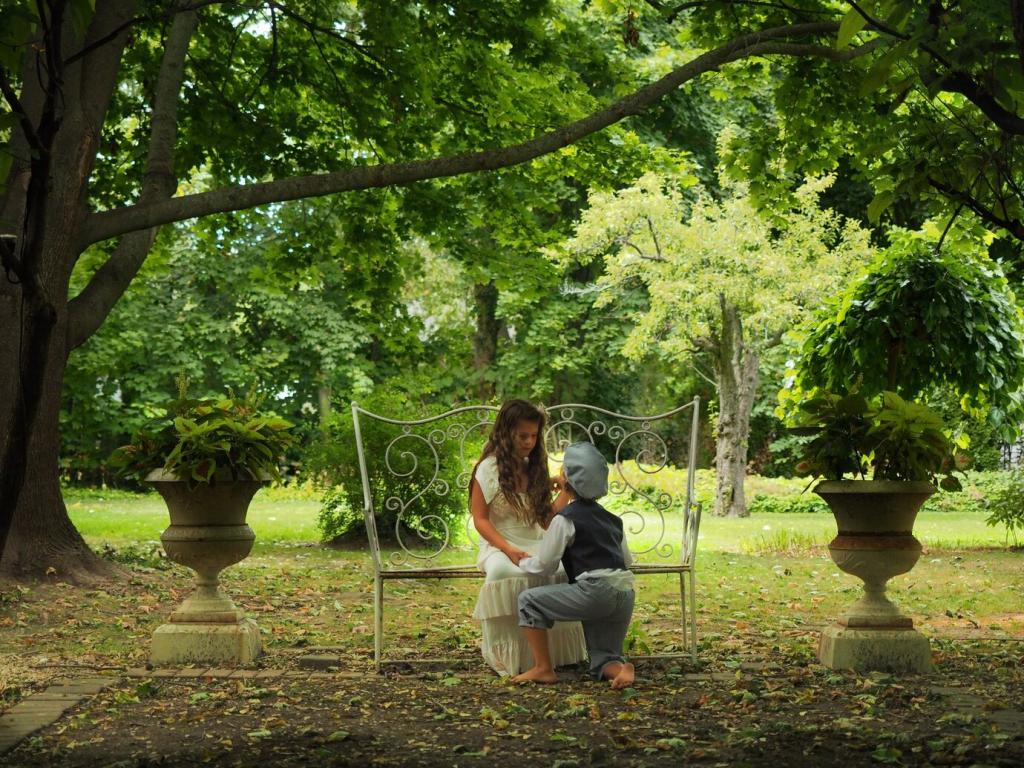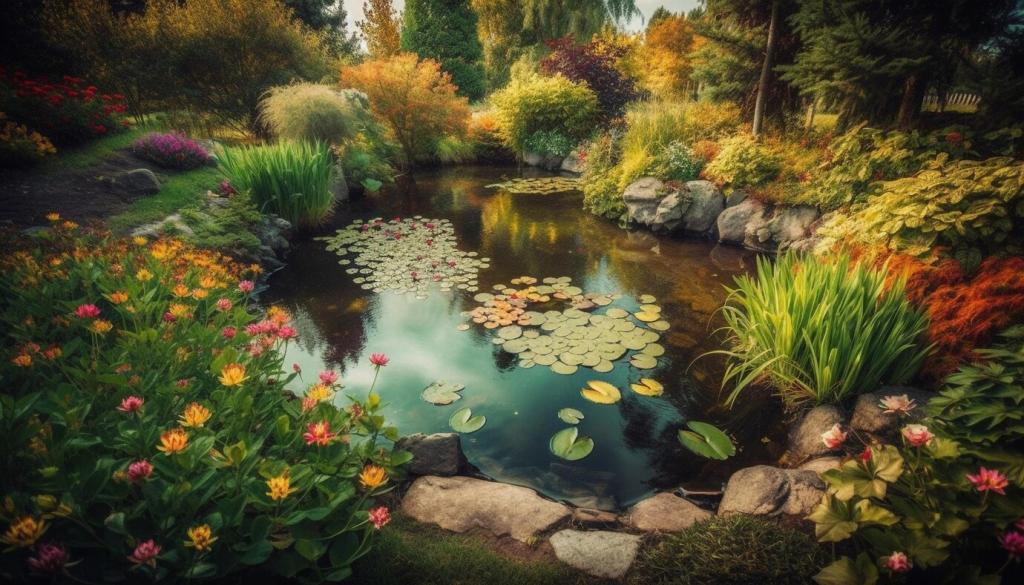
Lighting Techniques for a Calming Atmosphere
Chosen theme: Lighting Techniques for a Calming Atmosphere. Step into a gentler world where light softens edges, quiets the mind, and turns everyday rooms into restorative spaces you’ll actually exhale in.
Understanding the Science Behind Calm
01
Warmth in Kelvin, Warmth in Feeling
For evenings, aim for 2700K–3000K to nudge your brain toward rest. Cooler light can feel alerting, great for tasks but not for unwinding. Try a simple A/B test tonight and tell us which Kelvin value calms you most.
02
High CRI, Low Stress
Lights with a CRI of 90+ render colors more naturally, reducing visual strain and subtle tension. When fabrics, skin tones, and wood grains look true, your brain stops overcorrecting. Share your favorite high-CRI bulb picks with the community.
03
Melatonin, Rhythm, and Evening Glow
Dim, warm light after sunset supports melatonin release and smoother sleep onset. Try dimming an hour before bed and notice your breathing slow. Comment with what time you start dimming to help others find their rhythm.
Layering Light for Effortless Serenity
Ambient: The Gentle Foundation
Use diffuse ceiling fixtures, large shades, or wall washers to create a soft base without hotspots. Think enveloping glow, not interrogation brightness. What’s your favorite ambient source that instantly lowers your shoulders?
Task: Clarity Without Glare
Position task lights close to the work surface, shielded or frosted, so brightness stays focused yet kind to eyes. Adjustable arms help reduce shadows. Share a photo of your glare-free reading nook for inspiration.
Accent: Highlights that Hug
Aim small, warm accents at plants, art, or textured walls to create depth and a sense of quiet drama. Dimmable spots or tiny uplights work wonders. Which accent corner makes your evenings feel grounded?

Dimmers and Smart Scenes that Breathe
Create an evening preset at 20–30% brightness with warm tones and no overhead glare. Trigger it after dinner to signal quiet time. If you try this tonight, report back: did conversation slow and stress ease?

Daylight, Shadows, and Natural Calm
Sheers for Soft Daylight
Sheer curtains diffuse harsh rays, turning midafternoon glare into mellow glow. Pair with matte walls to avoid specular hotspots. Show us your favorite window before and after adding sheers, and describe how your mood changed.
Shadow Play that Soothes
Filtered light through plants or screens paints slow-moving patterns that encourage mindful pauses. Subtle shadow, not darkness, invites contemplation. What objects cast the most calming silhouettes in your space?
Mirrors, Paint, and Bounce
Place mirrors to reflect soft light, not bare bulbs, and choose low-sheen paint to spread glow gently. Try a test wall and observe. Comment with your best mirror angle for a calmer afternoon.
Materials, Shades, and Bulbs that Comfort
Fabric, paper, or frosted glass shades soften edges and scatter brightness evenly. Drum and oval shapes distribute light beautifully. Post your shade material of choice and how it changed your evening atmosphere.
Room-by-Room Calming Strategies
Skip bright overheads at night. Use low bedside lamps, shaded sconces, or hidden strip lights behind headboards. Keep switches reachable from bed. What single tweak made your bedroom feel instantly calmer? Tell us below.
Room-by-Room Calming Strategies
Balance a soft ambient base with a few dimmable accents near seating. Turn off downlights above heads to reduce harsh shadows. Share your seating diagram and we’ll suggest a gentler evening circuit.

Stories from Calm-Seeking Homes
Switching to 2200–2700K warm-dim bulbs and a thirty-minute fade helped her fall asleep faster after late shifts. She says the apartment now feels like a soft exhale. Have similar hours? Share your recovery lighting tips.

Stories from Calm-Seeking Homes
With plug-in sconces, clip-on shades, and adhesive cable guides, a single room became zones of quiet. No wiring, big effect. Drop your favorite renter hacks so others can transform without drilling.
